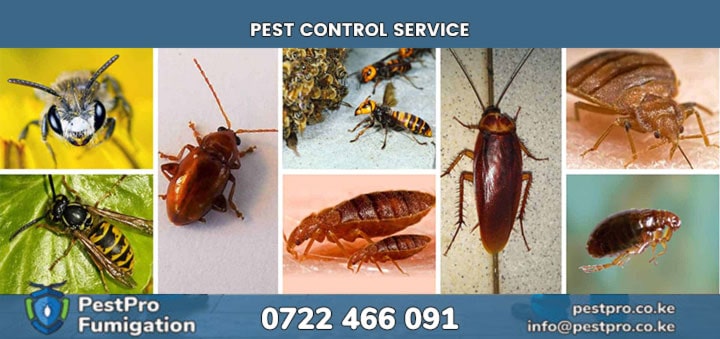10 Natural Pest Control Remedies That Actually Work in Kenya
Natural pest control methods offer environmentally friendly alternatives to chemical treatments while providing effective solutions for many common pest problems throughout Kenya. These approaches often work best as preventive measures or for minor infestations, though some can provide excellent control for specific pest species when properly applied.
Essential Oil-Based Repellents
Peppermint oil creates effective barriers against ants, mice, and spiders when applied around entry points and along pest travel routes. Mix 10-15 drops of pure peppermint oil with water in a spray bottle and apply to baseboards, doorways, and areas where pests commonly appear. Reapply weekly or after cleaning for continued effectiveness.
Tea tree oil repels numerous insects including cockroaches, ants, and flies while providing antimicrobial benefits that help maintain sanitary conditions. This Australian native oil works particularly well in humid areas of Nairobi homes where pest problems often develop alongside mold and bacterial issues.
Eucalyptus oil effectively deters mosquitoes, flies, and other flying insects when used in diffusers or applied to outdoor areas where people gather. This natural repellent works especially well for protecting outdoor dining areas and patios during Kenya's pleasant evening weather.
Food-Grade Diatomaceous Earth Applications
Diatomaceous earth provides excellent control for crawling insects including cockroaches, ants, and carpet beetles through its abrasive action that damages insect exoskeletons. Apply thin layers in areas where pests travel, including along baseboards, in cabinets, and around appliances where insects commonly hide.
This natural material works particularly well for silverfish control in humid areas like bathrooms and storage rooms common in Nairobi's older buildings. The microscopic particles adhere to insects and gradually dehydrate them, providing effective long-term control without chemical residues.
Food-grade diatomaceous earth remains safe around children and pets when properly applied, making it ideal for sensitive environments like kitchens and nurseries. Avoid inhaling the dust during application and choose only food-grade products rather than pool-grade versions that contain harmful additives.
Beneficial Bacteria and Biological Controls
Bacillus thuringiensis (Bt) provides targeted control for mosquito larvae in standing water without harming beneficial insects or aquatic life. This naturally occurring bacteria produces toxins specific to mosquito larvae, making it ideal for treating ornamental ponds, rain barrels, and other water features around Nairobi properties.
Predatory insects like lady beetles and lacewings help control aphids, mites, and other soft-bodied pests in gardens and landscaping. Encourage these beneficial species by planting diverse flowering plants and avoiding broad-spectrum pesticides that harm both pest and beneficial insects.
Parasitic nematodes applied to soil areas can effectively control various soil-dwelling pest larvae including fungus gnats and some beetle species. These microscopic worms seek out and parasitize pest larvae while remaining harmless to plants, pets, and humans.
Plant-Based Deterrents and Companion Planting
Certain plants naturally repel various pest species through their aromatic compounds and can be strategically planted around properties to create natural barriers. Marigolds deter various garden pests while providing attractive flowers, and their roots may help control nematodes in soil areas.
Basil plants repel flies and mosquitoes when grown near outdoor seating areas and kitchen windows, providing dual benefits of pest control and culinary herbs for household use. The strong scent becomes more pronounced when leaves are crushed or when plants are watered during hot weather.
Lemongrass contains citronella compounds that naturally repel mosquitoes and can be grown successfully in Kenya's climate zones. Plant these aromatic grasses around patios and entryways where people gather during evening hours when mosquito activity peaks.
More pest Control ServicesPestPro Facebook Page
Medium

